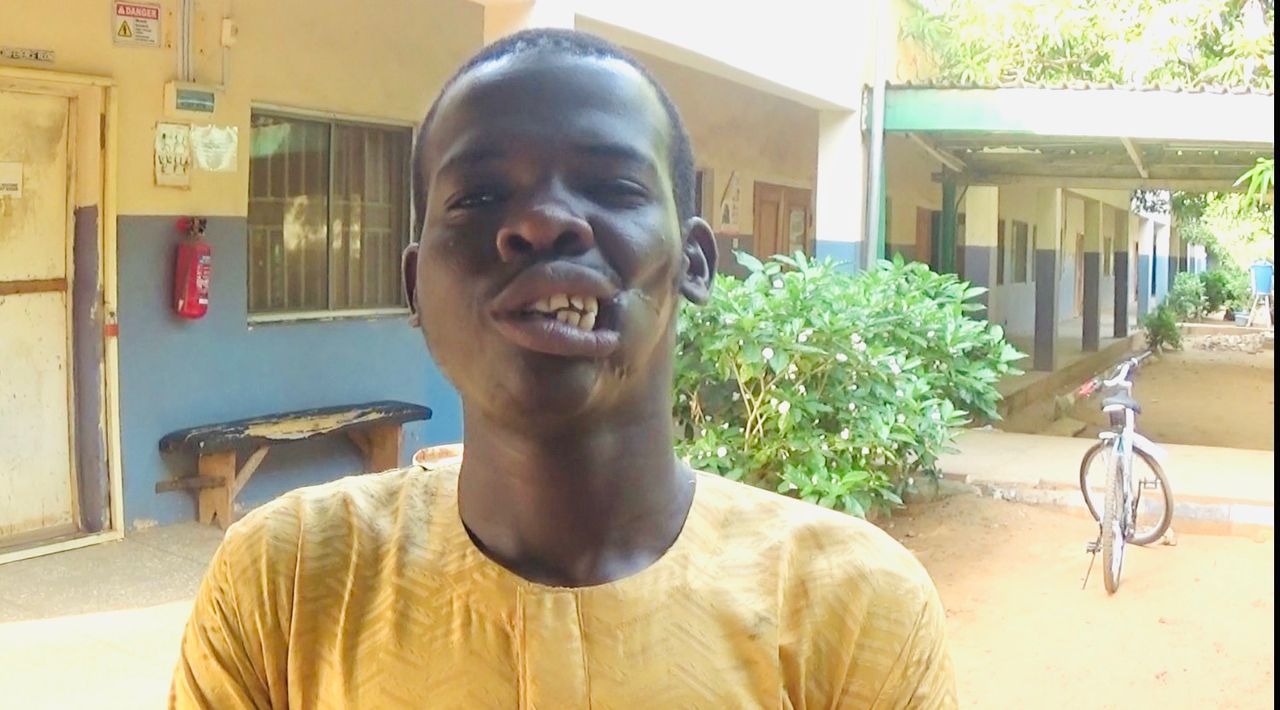The World Health Organisation (WHO) on Friday announced the inclusion of noma (cancrum oris or gangrenous stomatitis) in its official list of Neglected Tropical Diseases (NTDs).
The inclusion is coming a few days after PREMIUM TIMES reported on how the fatal disease affects Nigerian children. The report also highlighted the urgency of ensuring it makes the list of NTDs.
The global health body in a statement published on its website said the recognition of noma as an NTD aims to amplify global awareness, catalyse research, stimulate funding, and boost efforts to control the disease through multisectoral and multi-pronged approaches.
It said the interventions addressing the burden of this devastating disease will contribute to achieving Universal Health Coverage, as they will specifically target underserved populations.
WHO Director-General Tedros Ghebreyesus said the decision, which was recommended by the 17th meeting of the Strategic and Technical Advisory Group for NTD (STAG-NTD), underscores the organisation’s commitment to expanding health services to the world’s most vulnerable populations.
Mr Ghebreyesus said noma is not just a disease but a social marker of extreme poverty and malnutrition, affecting the most vulnerable population.
“By classifying noma as a neglected tropical disease, we are shining a light on a condition that has afflicted marginalised communities for centuries,” he said.
He said the WHO is committed to working with affected countries and communities to address the drivers of noma and alleviate the suffering it causes.
About Noma
Noma, a severe gangrenous disease of the mouth and face, primarily affects malnourished young children in regions of extreme poverty. It starts as an inflammation of the gums, which, if not treated early, spreads quickly to destroy facial tissues and bones.
When left untreated, noma claims the lives of between 70 and 90 per cent of those affected while survivors are left with varying degrees of facial deformities, significantly impairing their smiles, facial appearances, speech, and other functions, depending on the extent of facial damage.
Accurate estimation of the number of noma cases is challenging due to the rapid progression of the disease and the associated stigma, which contributes to leaving many cases undiagnosed.
Cases of noma are mostly found in sub-Saharan Africa, although cases have also been reported in the Americas and Asia.
There are multiple risk factors associated with this disease, including poor oral hygiene, malnutrition, weakened immune systems, infections, and extreme poverty. Although noma is not contagious, it tends to strike when the body’s defences are down.
Health experts, however, said early detection is essential, as therapy is most effective at the early stages of disease when it causes severely swollen gums, known as acute necrotising gingivitis.
Road to Inclusion
The Nigerian government spearheaded the call to include noma in the list of NTDs. In late January, the Federal Ministry of Health of Nigeria, supported by some member states from five WHO regions, submitted a dossier on noma requesting its formal recognition as an NTD.
The request for noma’s inclusion on the WHO’s list was in line with the resolution on oral health adopted in 2021 at the 74th World Health Assembly, recommending that “noma should be considered for inclusion in the NTD portfolio as soon as the list is reviewed in 2023.”
Several partner institutions contributed by sharing information and conducting advocacy.
According to WHO, the formal process for adding new conditions to the NTD list was established by the STAG-NTD in 2016. Since then, the following diseases have been added: mycetoma (2016); chromoblastomycosis and other deep mycoses (2017; merged in a single group with mycetoma); scabies (2017); snakebite envenoming (2017); and noma (2023).
Currently, with noma, WHO’s NTD list includes 21 diseases.
Support PREMIUM TIMES’ journalism of integrity and credibility
Good journalism costs a lot of money. Yet only good journalism can ensure the possibility of a good society, an accountable democracy, and a transparent government.
For continued free access to the best investigative journalism in the country we ask you to consider making a modest support to this noble endeavour.
By contributing to PREMIUM TIMES, you are helping to sustain a journalism of relevance and ensuring it remains free and available to all.
Donate
TEXT AD: Call Willie – +2348098788999






